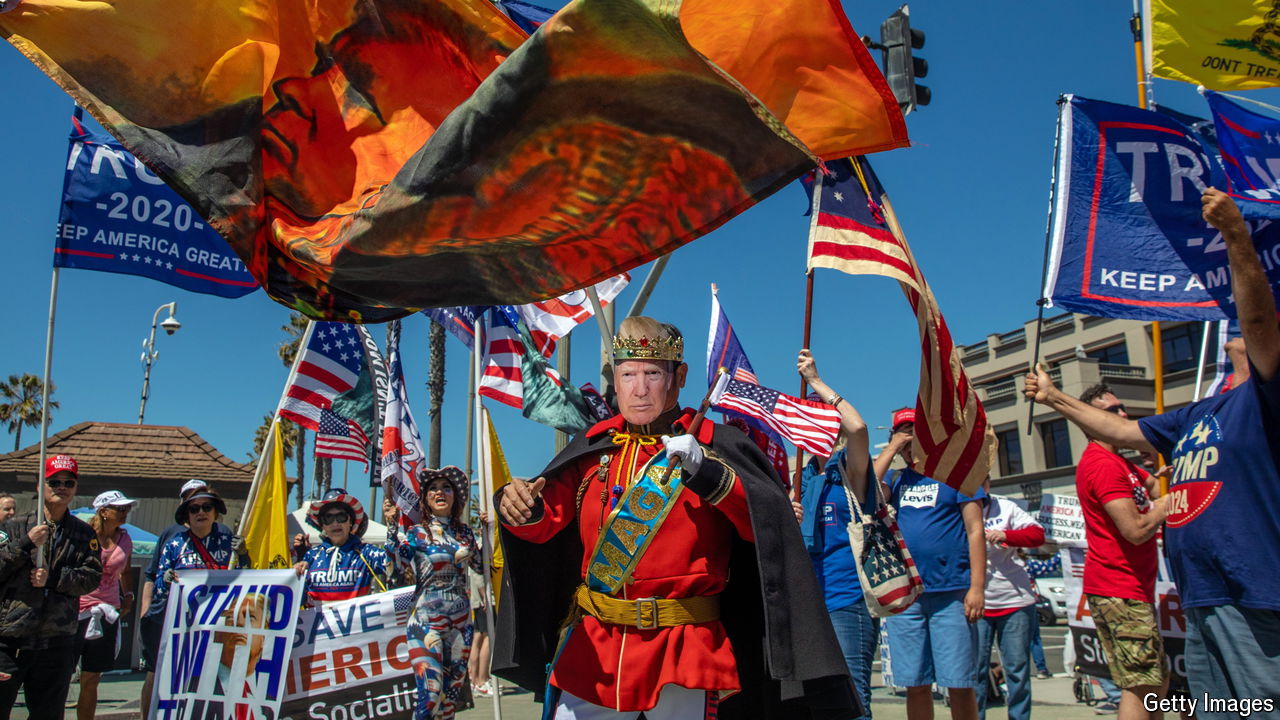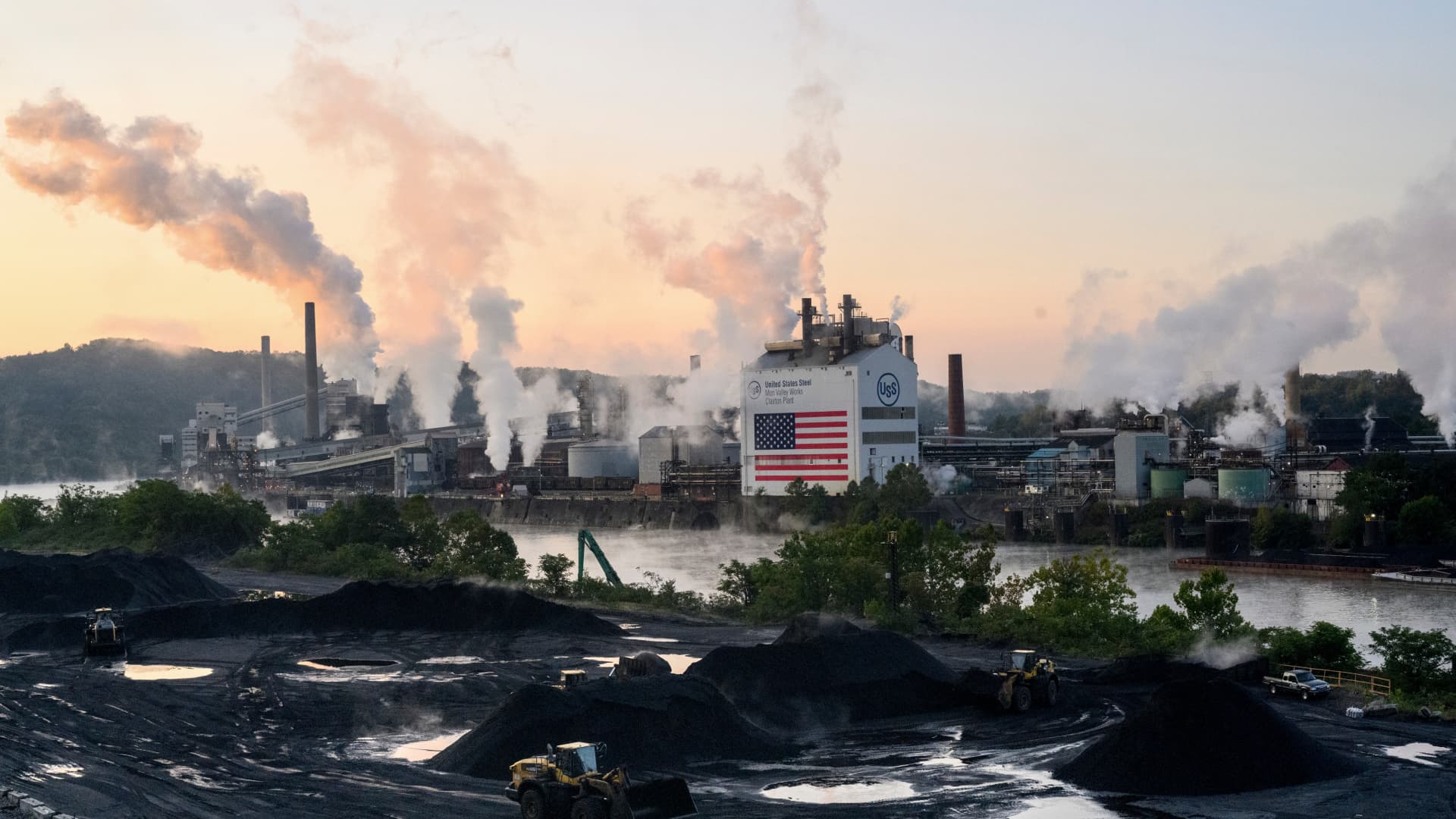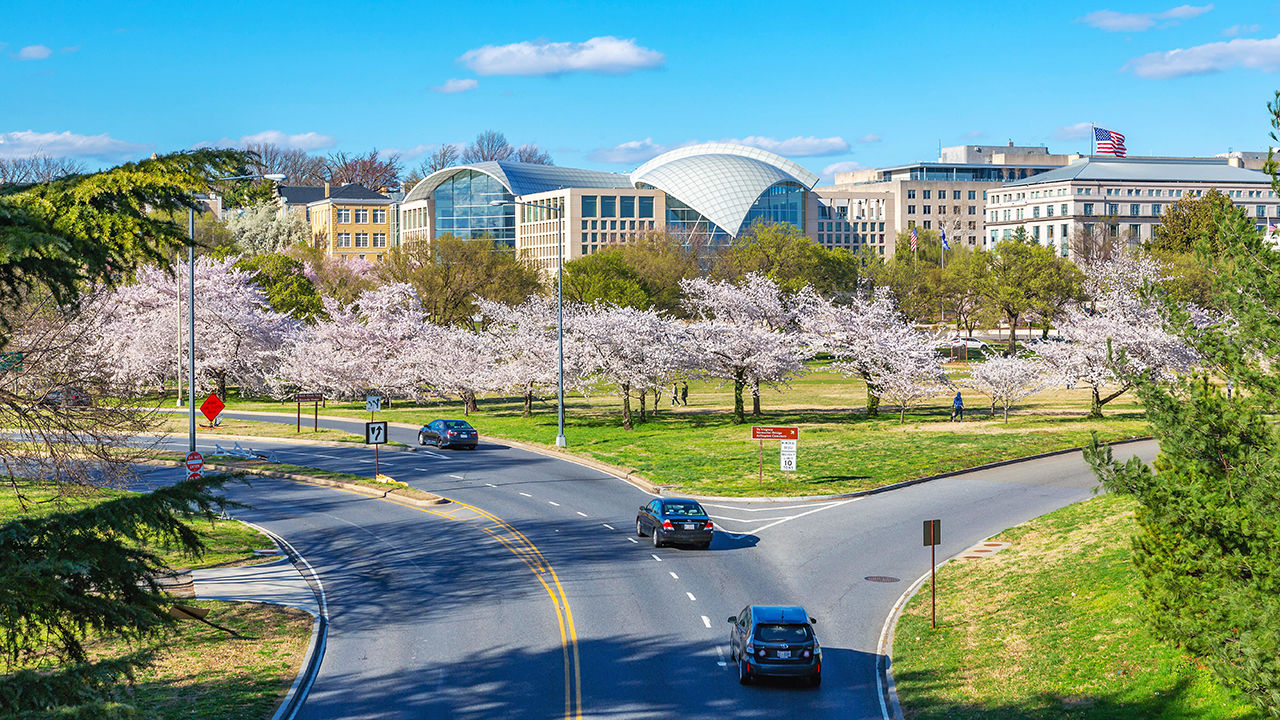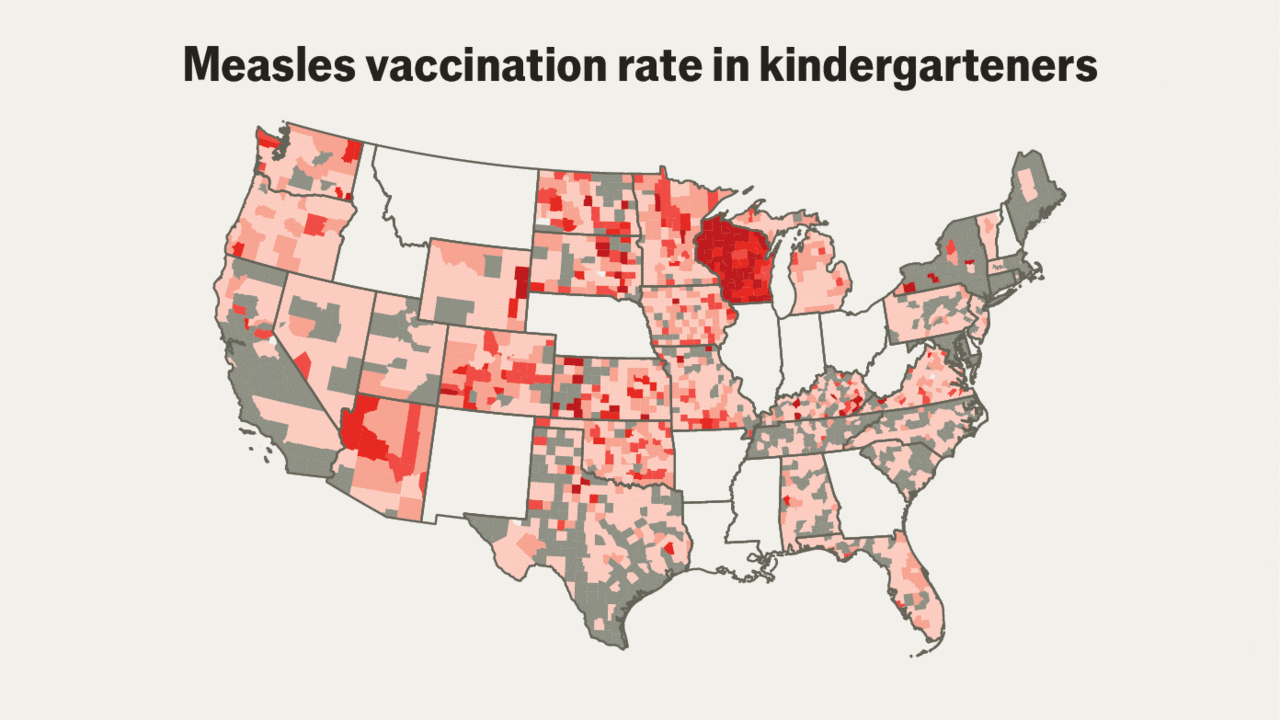AN IDYLLIC CITY in swanky Orange County, California, is not where you would expect to encounter a self-professed champion of the proletariat. Huntington Beach was first known for oil (the high school’s mascot is still the Oilers), then for surfing. Yet that is how Gracey Van Der Mark, its Republican mayor, sees herself and her city. A framed copy of a recent Los Angeles Times column suggesting (half facetiously) that Donald Trump should pick her for his vice-president hangs on her office wall. She says other cities are afraid of Gavin Newsom, the state’s Democratic governor, “because he’s acting like a tyrant”.
Mr Newsom’s alleged tyranny stems from his administration’s insistence that cities should build more housing, which the state badly needs and which many cities with wealthy residents and scores of beach-front bungalows resent. That is not his only crime, in the eyes of Ms Van Der Mark. Huntington Beach is fighting the state on several fronts, from housing regulations to voting rules to the flying of the gay-pride flag. The city’s ill-advised battles against Mr Newsom are emblematic of the friction between California’s many Republican pockets and the liberal state government; and of the evolution of California’s Republican Party during the Trump era.
Some 41% of Huntington Beach residents are registered Republicans, making them the city’s largest political tribe. But lately the city’s flavour of Republicanism has changed. In 2022 Ms Van Der Mark and several MAGA compatriots ran for the city council as a slate. All were elected, and now serve alongside three Democrats—though local elections there are technically non-partisan. Rhonda Bolton, a Democrat on the council, says the body’s politics have become a poisonous sludge that bears a passing resemblance to America’s House of Representatives.
This is not the first time Huntington Beach and the state, whose government sits in Sacramento, have been at loggerheads over housing. In 2019 the state sued the city for allegedly blocking new development. The trouble this time stems from the city’s failure to approve plans to build housing to meet projected demand, a process that every local government in the state must complete. The state and city sued each other over the matter. The city’s case, arguing that the state cannot force localities to build, was tossed out. The state’s suit is still pending.
The city council put several contentious measures on the primary ballot in March, including one that would introduce voter-ID rules. California’s attorney-general and secretary of state, who is in charge of voting processes, warned the city that such a measure contravenes state law. The measure passed anyway. Another legal battle probably awaits.
Ms Van Der Mark argues that Huntington Beach can set its own housing and voting rules because it is a charter city. A “home rule” provision in California’s constitution holds that such cities, which have adopted a kind of local constitution, can “make and enforce all ordinances and regulations in respect to municipal affairs”. But the state’s constitution does not define “municipal affairs”, leaving the courts to decide what is appropriate. More than a fifth of all cities in California have a charter. But Huntington Beach has become the biggest cheerleader for home rule. “Sacramento is using us as an example for every other city,” says Ms Van Der Mark. On this, at least, the city and state agree.
California Republicans were often more moderate than their eastern peers. As governor, Ronald Reagan favoured some environmental protections. Arnold Schwarzenegger travelled the globe warning about climate change. Yet Mr Trump’s influence has proved too powerful for such moderation to persist.
Ms Bolton says she believes most Huntington Beach residents are more moderate than the council, and will not stand for such chicanery for long. But the election cycle is against her. In November voters will get the chance to oust her and the other Democrats. Ms Van Der Mark is not up for re-election until 2026. She was tickled by the column suggesting that she is Mr Trump’s loyal soldier in Orange County, but insists she will not run for higher office unless she “is needed somewhere”.■

 Economics1 week ago
Economics1 week ago
 Economics1 week ago
Economics1 week ago
 Economics1 week ago
Economics1 week ago
 Economics1 week ago
Economics1 week ago
 Blog Post1 week ago
Blog Post1 week ago
 Economics1 week ago
Economics1 week ago
 Economics6 days ago
Economics6 days ago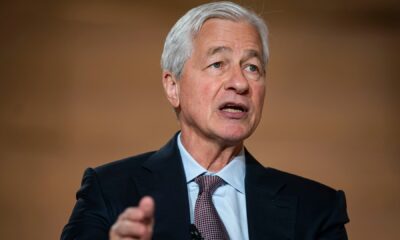
 Economics1 week ago
Economics1 week ago
